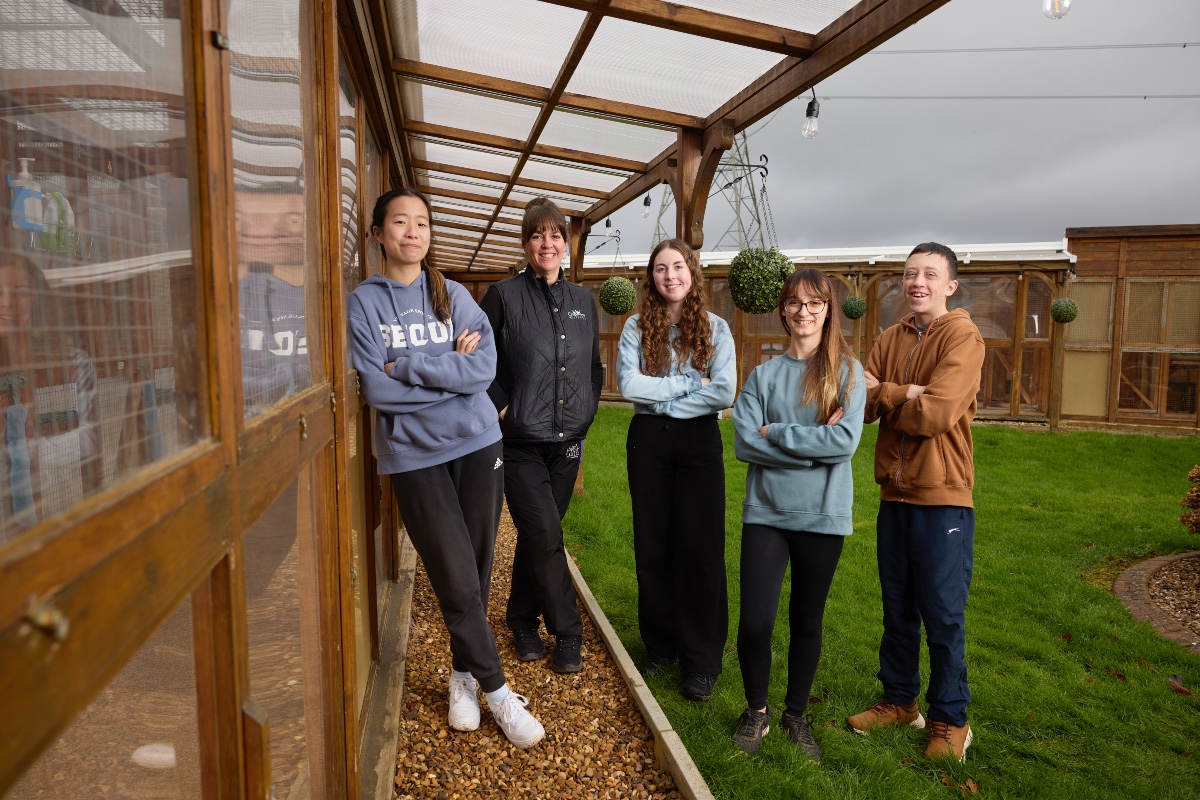Half of adults with no qualifications out of work, analysis finds

Almost half of adults with no qualifications are out of work or economically inactive (48%) – a total of 1.2 million people – a new analysis of the state of adult education in England has found.
The report finds that England’s adult education system is systemically holding back national productivity by failing those who want and need to retrain – something the CSJ argues accounts for the rising tax burden for families and lack of resilience to cost of living pressures.
In their report, Playing the Ace, the Centre for Social Justice (CSJ) explain that Britain faces a particularly persistent problem with low level skills, with 1 in 5 of the lowest skilled cities in Europe coming from Britain. Yet, research from the OECD has revealed that the UK could improve overall productivity by 5 per cent if it reduced the skills mismatch to mirror best practice of comparator nations. Improving basic skills could lead to a 12 per cent increase in wages.
The rise of automation is expected to lead to even further job losses. The CSJ warns that technological change could lead to 7 million workers being under-skilled for their job by 2030, a whole 20 per cent of the workforce, unless reskilling and retraining is dramatically ramped up.
The think-tank also reveals how low skills significantly affect the career prospects of the least educated. In 2022 adults without qualifications are 4.4 times as likely to be inactive and 1.6 times as likely to be unemployed as adults with a degree or degree apprenticeship.
In the report, as ‘an issue of social justice’ and to boost productivity, the CSJ calls for the Government to harness the ‘untapped resource’ of under-skilled adults by giving them meaningful opportunities to retrain and reskill – via a lifelong learning offer.
This particularly includes working to improve Adult Community Education which the CSJ describes as ‘the first rung of any lifetime learning entitlement’. Already half a million use the centres a year. The CSJ explain how those reached by adult community education centres tend to be the most disadvantaged individuals furthest away from the labour market.
Recommendations by the CSJ include:
The Government including a dedicated Minister for Adult Education and Lifelong Learning to co-ordinate across Government.
The introduction of a “learning and skills tax rebate” for employers who invest in low-skilled workers.
The launch and implementation of an all-age, all-stage lifelong learning strategy.
A national awareness campaign about the benefits of adult education
A 5-year funding settlement for adult community education providers, to allow providers to plan and innovate
Lord Watson of Invergowrie, a former shadow education minister between 2015-2022, who wrote the foreword, said:
“Lifelong learning is an issue of social justice. Increasing opportunities for adult education not only contributes to our growth and upskilling agenda, it also improves health, happiness and social cohesion.
“This report outlines a plan to integrate Adult Community Education into the government’s agenda to deliver growth and to make high-quality lifelong learning opportunities accessible to all. Adult Community Education providers are unique in their ability to engage adults who are often dismissed as the “hardest to reach”.
“To realise the nation’s potential, we need a radical reform of adult education which builds from a strong foundation of Adult Community Education. This report provides the blueprint for such a system.”
Alice Wilcock, CSJ Head of Education, said:
“Rebooting adult education would have a major impact in addressing economic inactivity which continues to hold back our economy. Our research reveals almost half of adults with no qualifications are out of work or economically inactive, that’s a staggering 1.2 million people.”
Almost half of adults with no qualifications are out of work or economically inactive (48%) – a total of 1.2 million people – a new analysis of the state of adult education in England has found.











Responses